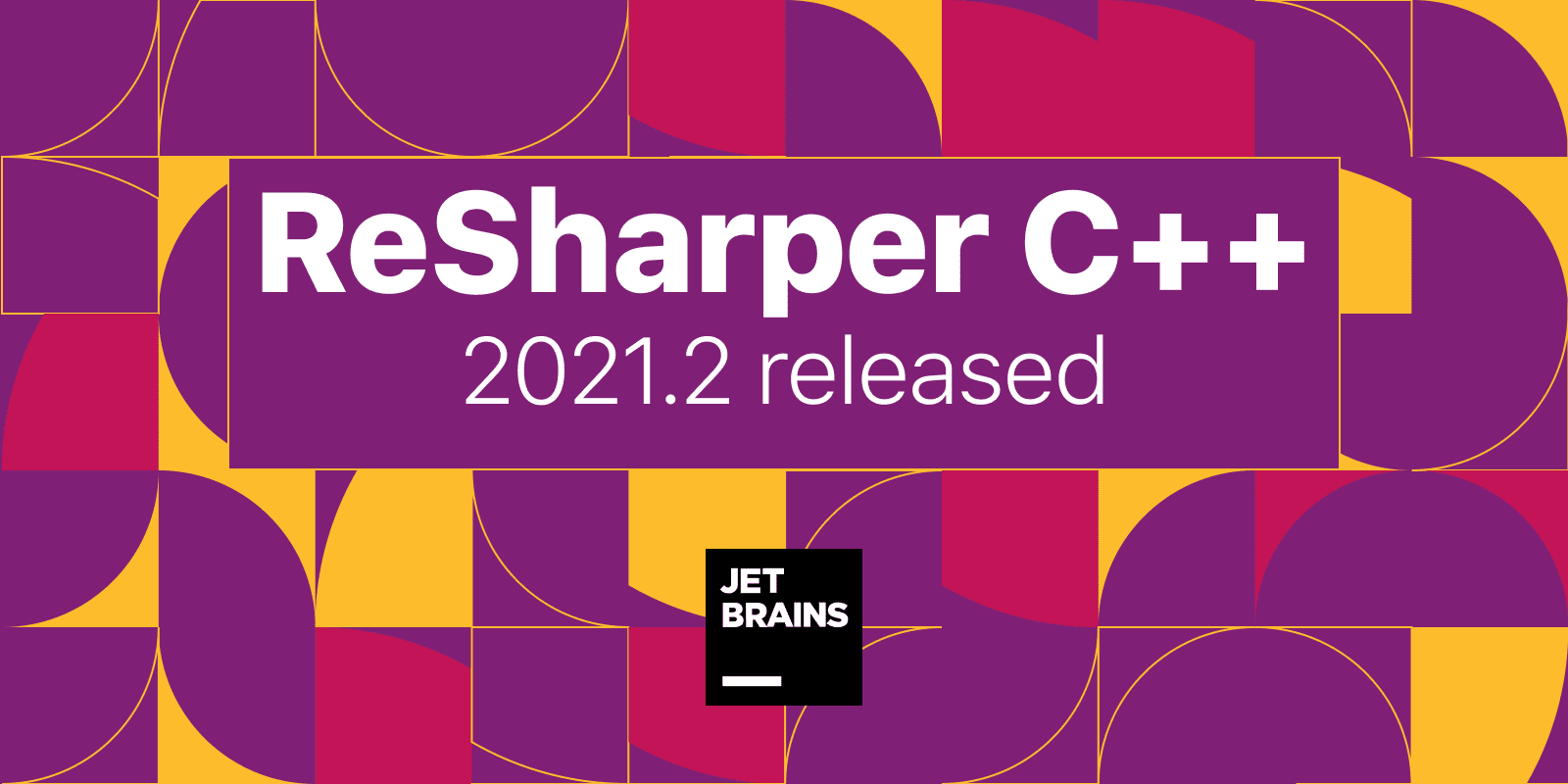CppCon 2020 Back to Basics: Exceptions--Klaus Iglberger
 Registration is now open for CppCon 2021, which starts on October 24 and will be held both in person and online. To whet your appetite for this year’s conference, we’re posting videos of some of the top-rated talks from our most recent in-person conference in 2019 and our online conference in 2020. Here’s another CppCon talk video we hope you will enjoy – and why not register today for CppCon 2021 to attend in person, online, or both!
Registration is now open for CppCon 2021, which starts on October 24 and will be held both in person and online. To whet your appetite for this year’s conference, we’re posting videos of some of the top-rated talks from our most recent in-person conference in 2019 and our online conference in 2020. Here’s another CppCon talk video we hope you will enjoy – and why not register today for CppCon 2021 to attend in person, online, or both!
Back to Basics: Exceptions
by Klaus Iglberger
Summary of the talk:
Exceptions are the native error propagation mechanism in C++. If used properly, exceptions enable us to write simpler, more readable and more robust code. However, the path there can be tricky and unfortunately the exception mechanism isn't without flaws. This talk sheds somelight on the current issues with exceptions and why a large part of the C++ community isn't using them. It also gives guidelines and best practices on how to deal with exceptions and how touse them properly. It will go into detail about the exception safety guarantees, explains the tradeoffs between them, and demonstrates by example the individual steps necessary to reach them.


 Registration is now open for CppCon 2021, which starts on October 24 and will be held both in
Registration is now open for CppCon 2021, which starts on October 24 and will be held both in  Registration is now open for CppCon 2021, which starts on October 24 and will be held both in
Registration is now open for CppCon 2021, which starts on October 24 and will be held both in